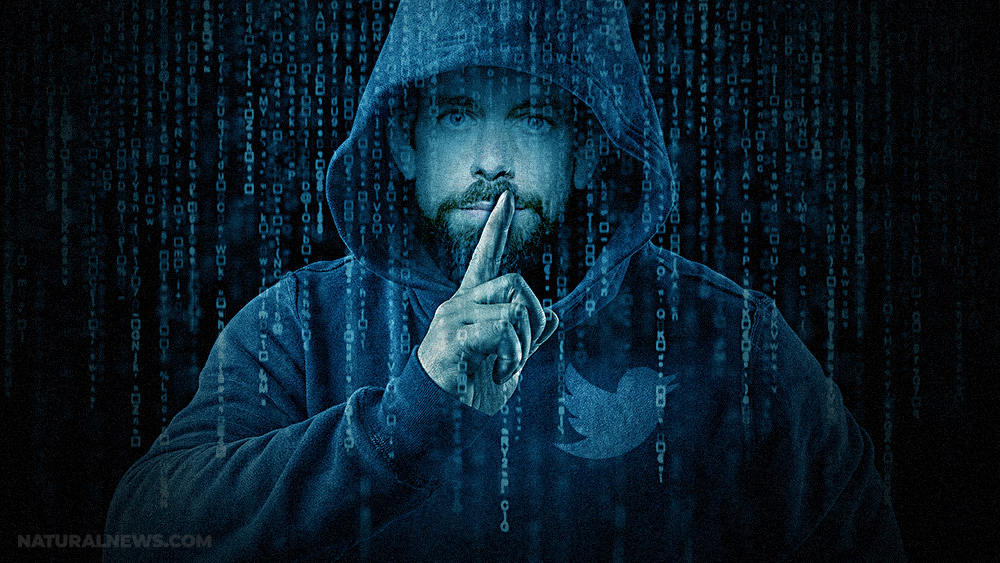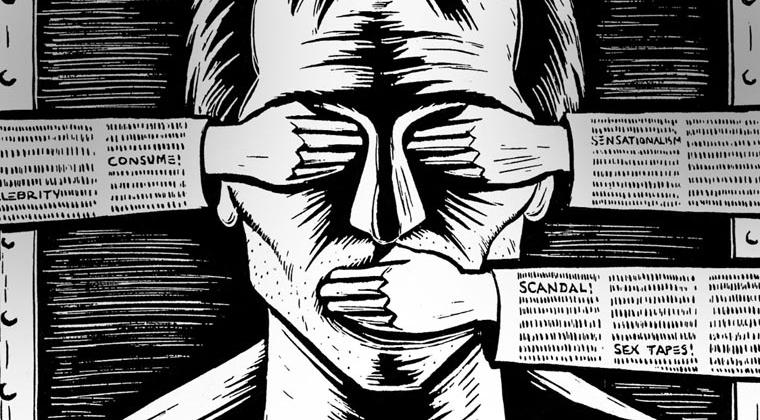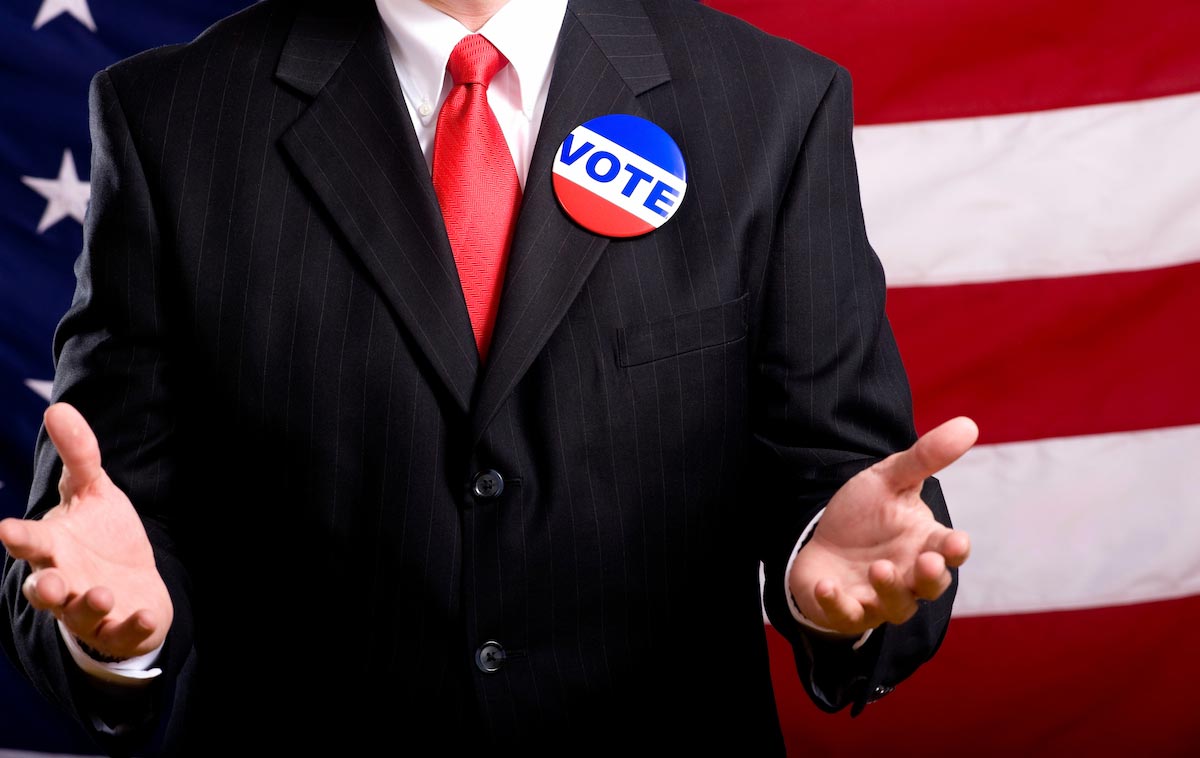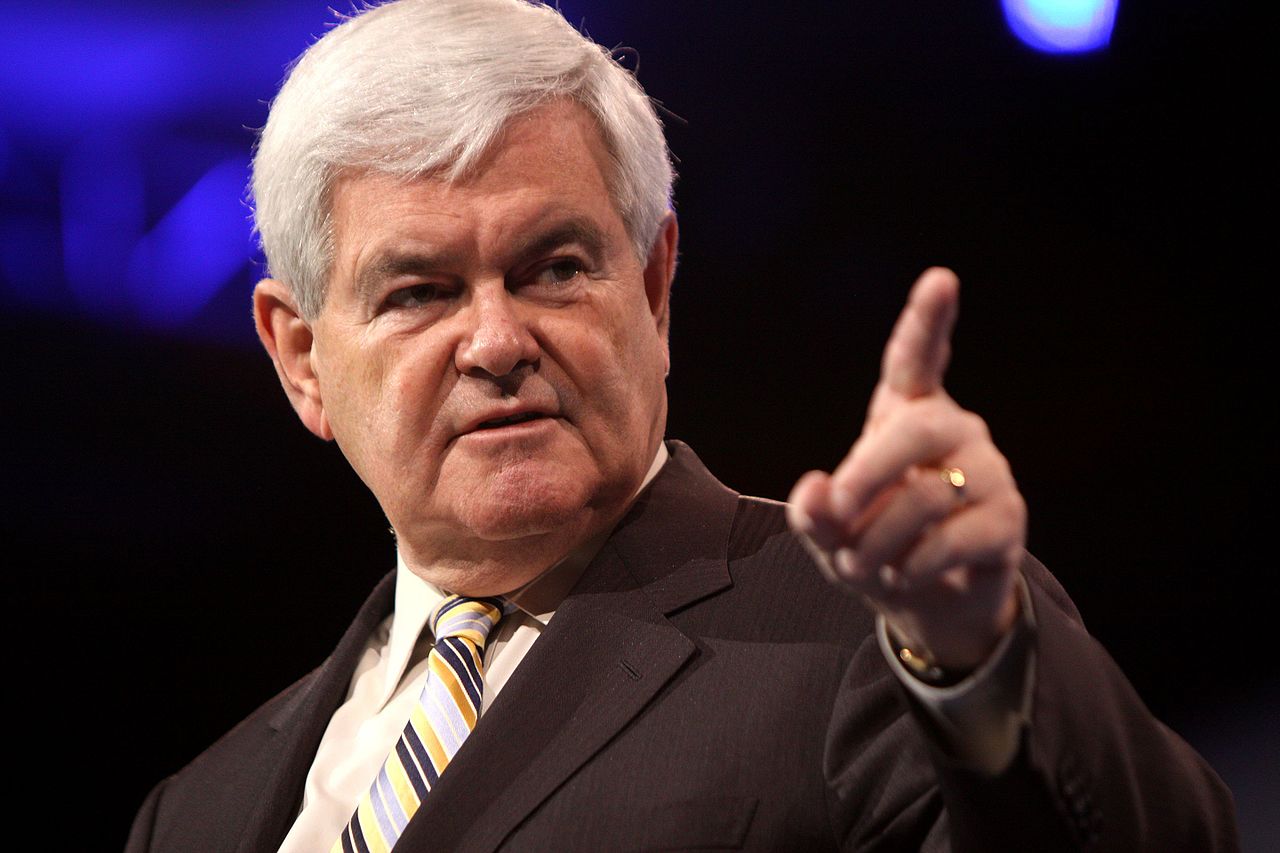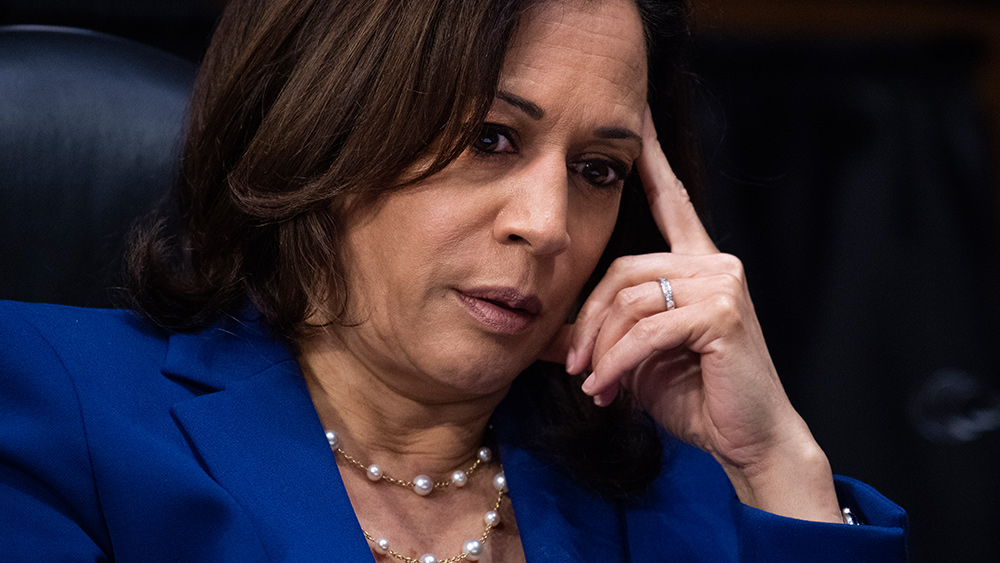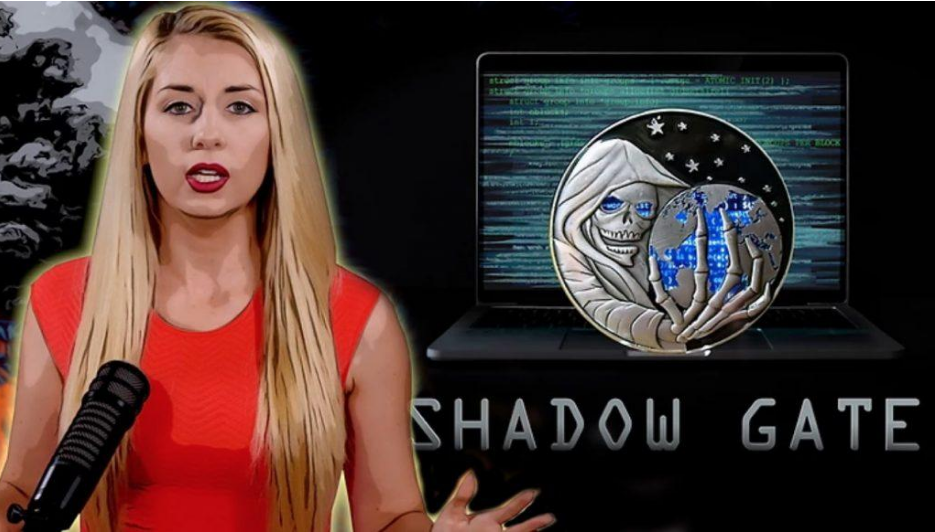It’s about time! GOP introduces legislation to reform Section 230 of Communications Act to reign in Big Tech censorship
09/10/2020 / By JD Heyes
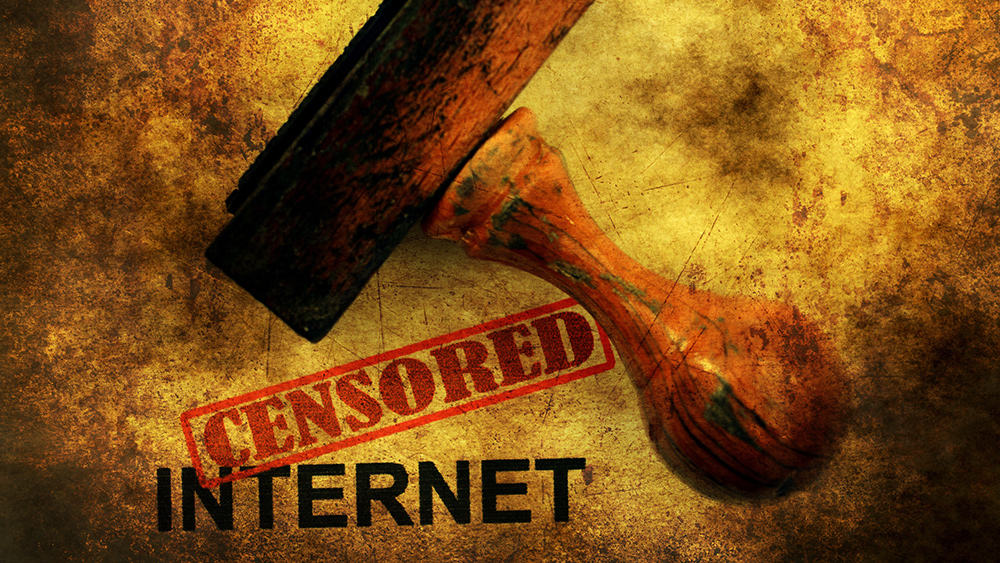
In the nearly four years that President Donald Trump has been in office, Left-wing big tech censorship of his supporters, as well as conservatives in general, has been a thing.
In fact, the censorship has really gotten bad this year, as tech gods like Twitter’s Jack Dorsey and Facebook’s Mark Zuckerberg instruct their minions to double down on efforts to control narratives, hide legitimate and factual information from users, and obscure the truth — all in an effort to promote the viewpoints and opinions of people and movements whose objective is to destroy America as founded.
With some notable exceptions, up to now the Republican Party in Congress has been virtually silent about big tech’s assault on conservatives and the founding principles of our country (like, ironically, the First Amendment’s freedom of speech and expression provisions).
But that appears to be changing, though it’s too late now to do anything about the Left-wing tech gods’ interference in the current election cycle.
Several prominent Republican senators have introduced legislation designed to turn up the pressure on Big Tech.
Sens. Roger Wicker (R-MS), Marsha Blackburn (R-TN) and Lindsey Graham (R-SC) introduced The Online Freedom and Viewpoint Diversity Act, on September 8. The Act aims to amend Section 230 of the Communications Decency Act (CDA) and provide more accountability for Big Tech companies.
“Big Tech companies have stretched their liability shield past its limits, and the national discourse now suffers because of it,” Blackburn noted in a tweet announcing the legislation.
Big Tech companies have stretched their liability shield past its limits, and the national discourse now suffers because of it. @SenatorWicker @LindseyGrahamSC https://t.co/5mfURf4rhe
— Sen. Marsha Blackburn (@MarshaBlackburn) September 8, 2020
“Today’s internet is a different online product from what was available in 1996; the polished megaplatforms we associate with online research and debate exert unprecedented influence over how Americans discover new information, and what information is available for discovery,” she added.
The bill still allows big tech platforms to censor content — like vaccine-related content they disagreed with, for instance, arguing against mass inoculation — but they would have to have “an objectively reasonable belief” that it was necessary for them to remove said content.
What’s more, rather than allow companies to simply deep-six “otherwise objectionable” material, the bill limits censorship to material that is “promoting self-harm, promoting terrorism, or unlawful.” It also spells out under what circumstances content could be censored.
The new legislation comes amid a coarsening, deepening debate over Section 230, which currently provides protections for tech companies that censor materials. Last month, the Federal Communications Commission (FCC) announced a public comment period regarding President Trump’s May executive order on “Preventing Online Censorship.” The following month, Sens. Marco Rubio (R-Fla.), Josh Hawley (R-Mo.), Kelly Loeffler (R-Ga.), and Kevin Cramer (R-N.D.) sent a letter to the FCC asking the agency to “take a fresh looked” at Section 230, and to “interpret the vague standard of ‘good faith’ with specific guidelines and direction.”
“For too long, social media platforms have hidden behind Section 230 protections to censor content that deviates from their beliefs,” Wicker wrote on Twitter, ironically.
For too long, social media platforms have hidden behind Section 230 protections to censor content that deviates from their beliefs.
These practices should not receive special protections in our society where freedom of speech is at the core of our nation’s values. https://t.co/ZgZVa6ggyZ
— Senator Roger Wicker (@SenatorWicker) September 8, 2020
“These practices should not receive special protections in our society where freedom of speech is at the core of our nation’s values.”
Some have argued that the social media giants are private corporations and therefore have the right to censor whatever content they want. They say the government should not have any role in that.
But the problem there is that the social media companies have become so powerful that, according to experts, they have the power to influence election outcomes. They have become that pervasive in our society.
There is more good news. Private companies are indeed developing alternatives such as video platform Brighteon.com and the Twitter-like Brighteon.Social.
Follow JD Heyes on Brighteon Social @jdheyes.
Sources include:
Tagged Under: ban censorship, banned, banning, Big Tech, Brighteon Social, Censored, Censorship, democrats, Election 2020, Facebook, free speech, good faith, Jack Dorsey, law, legislation, mark zuckerberg, Republicans, Section 230, speech police, thought police, Twitter
RECENT NEWS & ARTICLES
COPYRIGHT © 2018 EVILGOOGLE.NEWS
All content posted on this site is protected under Free Speech. EvilGoogle.news is not responsible for content written by contributing authors. The information on this site is provided for educational and entertainment purposes only. It is not intended as a substitute for professional advice of any kind. EvilGoogle.news assumes no responsibility for the use or misuse of this material. All trademarks, registered trademarks and service marks mentioned on this site are the property of their respective owners.


